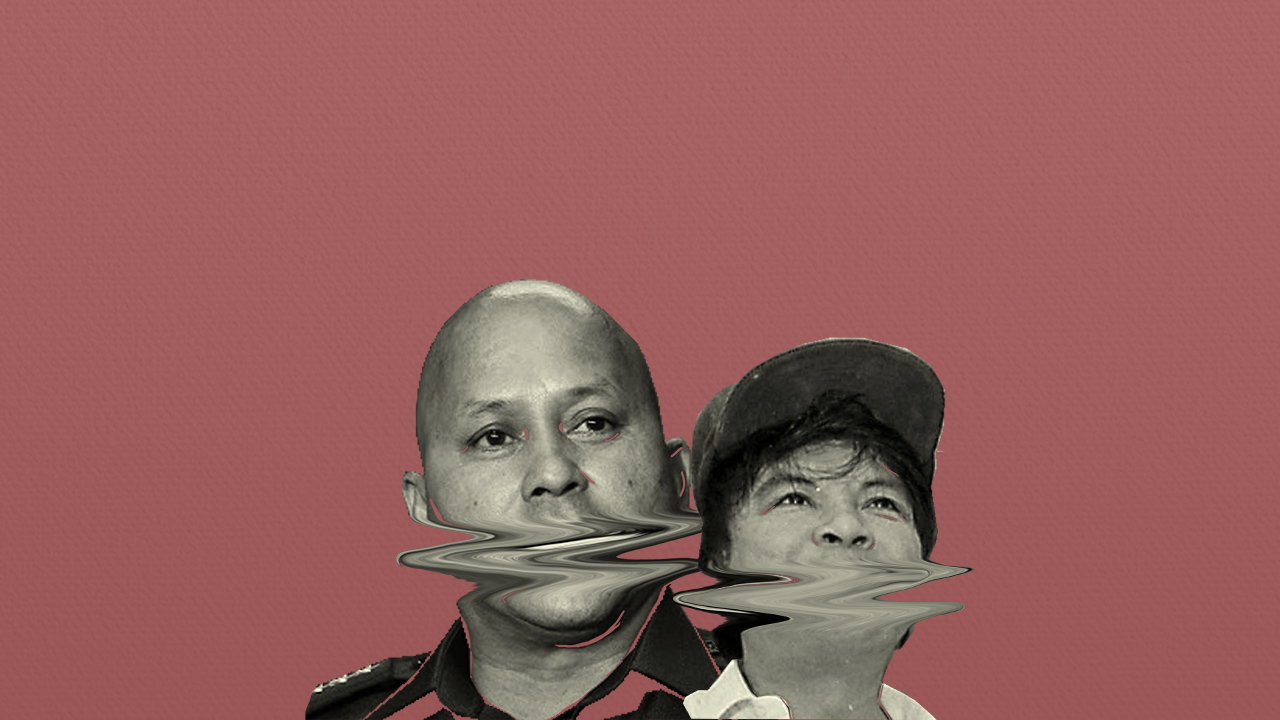The conflicted case for selective ‘second chances’ in the Philippines
0 comments
1.36k

AT A GLANCE:
The sickening injustices in the Philippines run long, and it’s always either ignorant excuses from accountability, such as “shit happens” and “Ba’t ako? Ako ba ang lamok?”—or freedom conveniently handed to the convicted but powerful. It rings a bell to the Marcoses, and it also does, just recently, to rapist and murderer Antonio Sanchez.
Sanchez, a former mayor of Calauan, Laguna, was sentenced in 1995 with seven counts of reclusion perpetua (each equivalent to 40 years, and 280 years imprisonment in total) over the murder of University of the Philippines Los Baños student Eileen Sarmenta and Allan Gomez, and the rape of Sarmenta. He was also sentenced with two other reclusion perpetua for a double murder in a separate case.
The 1995 rape-murder case was described by Judge Harriet Demetriou as “a plot seemingly hatched in hell.” Sanchez’ conviction became proof that the wealthy and powerful aren’t always above the law. It did restore people’s faith in justice then, only to be taken back now.
His pending release, or the slightest chance thereof, is yet another tragic paradox for the Philippine justice.
“Good conduct”
While Senate Minority Leader Franklin Drilon wants Senate to probe Sanchez’ reduced sentence, dela Rosa was primarily convinced Sanchez is now a “changed man,” for what he clearly defined as good behavior in prison, and are derivatively grounds for GCTA.
“Just to emphasize that according to the corrections officers sa Bilibid, although hindi ko siya nakikita personally, I never met him, hindi ko siya nakausap. Tinanong ko mga guwardya do’n, nandiyan pa ba yung mayor. Sabi nandiyan pa, sir. Mabait na, sir. ‘Di na siga, malumanay na, changed man na. Nakapalda na, sir. Naka-lipstick. So ‘yun lang ang sabi nila. Ibig sabihin hindi na siga, mabait na,” dela Rosa said.
Putting dela Rosa’s ridiculous conclusions aside, either way, the grounds for “good behavior” don’t apply to Sanchez after a surprise raid exposed an air-conditioning unit, flat screen TV, and P1.5 million-worth of “shabu” hidden in a statue of the Virgin Mary in his quarters. The New Bilibid Prison Director General Oscar Calderon also suspected Sanchez sells the drug in prison. So much for exemplary behavior, and so much for any form of a second chance.
It’s true that the good conduct allowance under Republic Act No. 10592 may encourage prisoners to turn a new leaf and is a good way of decongesting crammed jails, but it’s questionable that its retroactive application has to start with a notorious convict like Sanchez. More so does it become suspicious given the fact that earlier this year, Sanchez applied for executive clemency and was denied of it due to the “gravity of the crimes he committed.”
“Second chance”
Succeeding the public outrage, President Duterte was reportedly enraged himself and is against the supposed release. But whether or not Sanchez gets freed, the dilemma on impunity and injustice remains and is definitely stung by this issue—revealing how Filipinos loathe the justice system, but helplessly become desensitized of it day by day.
It’s not only the failing system that dismisses justice, it is also the government officials’ defenses that make a fool of its people. Take dela Rosa, the former head enforcer of Duterte’s war on drugs that gave nobody a chance, pleading a convicted rapist and murderer a second chance in life because he thinks he “deserves it.” Worse, a day after earning criticisms, he took his words back and decided Sanchez deserved death penalty.
***
So who exactly among the Filipino people deserve second chances? And how does it change? What is good behavior? What is good, even?
In a far better world, justice alone should be enough to determine who gets second chances, how it is earned, and what’s good from not—but in a world where we exist today, it’s almost as if justice is better served through a coin flip.
It’s true after all, it’s a plot hatched in hell, but the plot doesn’t have to stay this way.
Originally published in Heraldo Filipino Volume 38, Double Issue It’s always easier said than done. Progress is something that
With less than a week away before #Halalan2022, different political camps intensified their campaigning strategies to convert
Originally published in HF Volume 36 Issue 1 Challenging conversations about politics and other relevant issues usually comes

